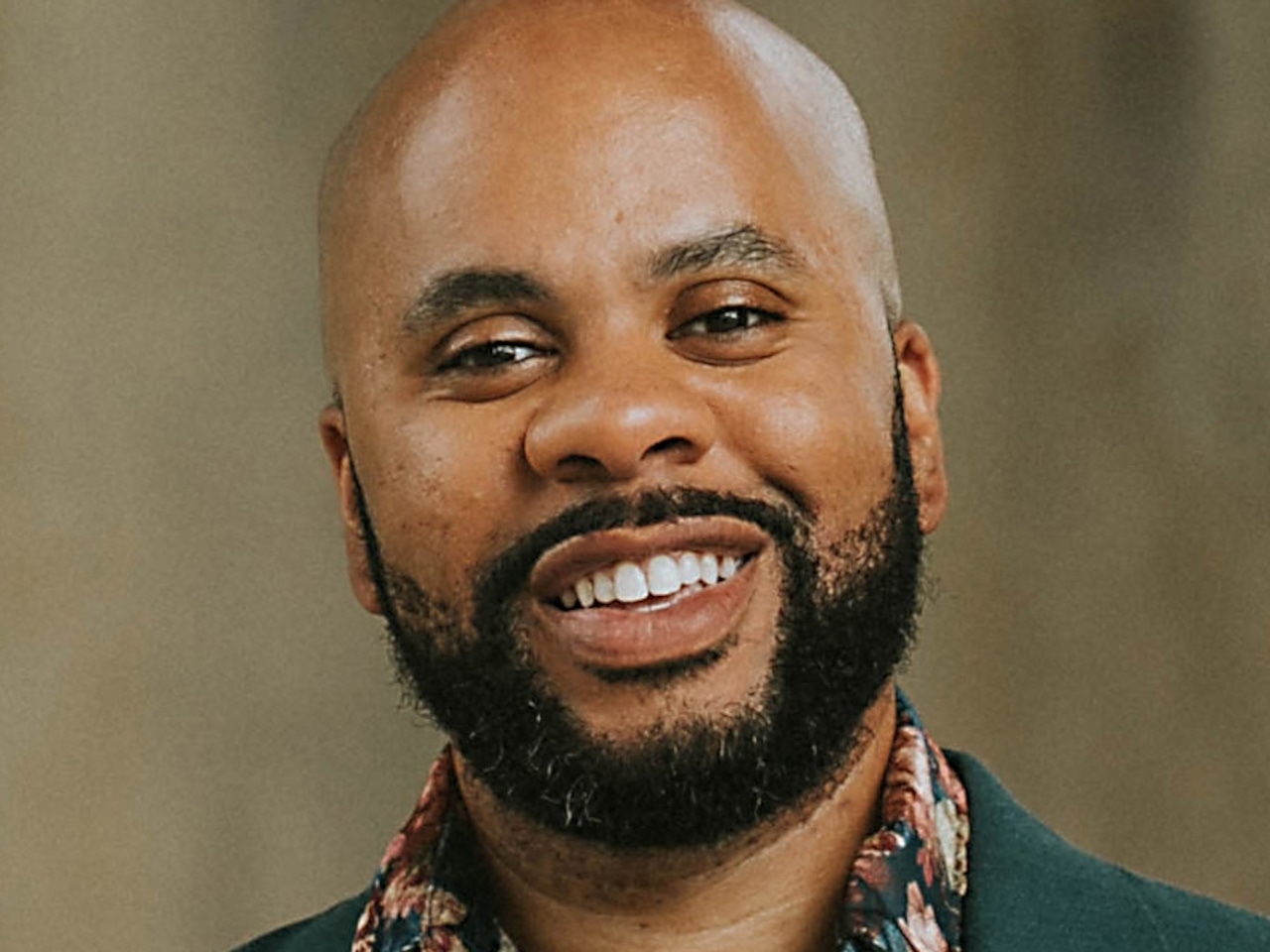
Dear Eric: I had a stroke in 2017. My husband passed away in 2022. This stroke was quite debilitating for me. I could not walk, sit up or stand.
Little by little, I’ve regained some abilities through hard work and therapy. I still can’t walk at all unless I have an orthotic device on.
My husband was wonderful in so many ways after my stroke and was also a cheerleader for me. While I have some wonderful friends and neighbors in my life, some longtime friends are not kind. They only talk about all that they are doing. Nary a question about me.
It is very hard to take, to be treated as a nothing, though I am not.
Do you have advice for me or many others with disabilities whose so-called friends decide to treat them as invalids as opposed to worthwhile people with some disabilities?
— Still Here
Dear Still Here: You deserve a cheerleader, and you deserve friends who are going to show up for you.
Tell your friends what you’re not getting. Say, “When you don’t ask me questions about myself or my life, I feel invisible. I want to know that you value me, even if some of the realities of my life make you uncomfortable. Can you do that?”
Some friends, unfortunately, may show the limits of their abilities; but others can rise to the occasion if given the right coaching. This shouldn’t fall to you to do, but sometimes we have to advocate hard for ourselves.
Ali Cameron, who runs an Instagram page called @seated.perspectives, has a great post from February 2023 called “5 Ways to Show Up for Your Disabled Friends”. I reached out to her for more education and insight.
“Depending on where you are with your relationship with your disability, I would recommend finding spaces designed by and for the disability community,” she said. “You will be so welcome. This could be virtual events or in-person experiences within your own community.”
“For friends who want to do more to include their disabled friends, I recommend being proactive and taking on the labor of researching a location’s accessibility. Ask them how you can best show up for them as you plan an event. Check in with them in social settings to make sure they’re comfortable and see if there’s anything you can do to make them feel more welcome.”
(Send questions to R. Eric Thomas at eric@askingeric.com or P.O. Box 22474, Philadelphia, PA 19110. Follow him on Instagram and sign up for his weekly newsletter at rericthomas.com.)
©2024 Tribune Content Agency, LLC.






